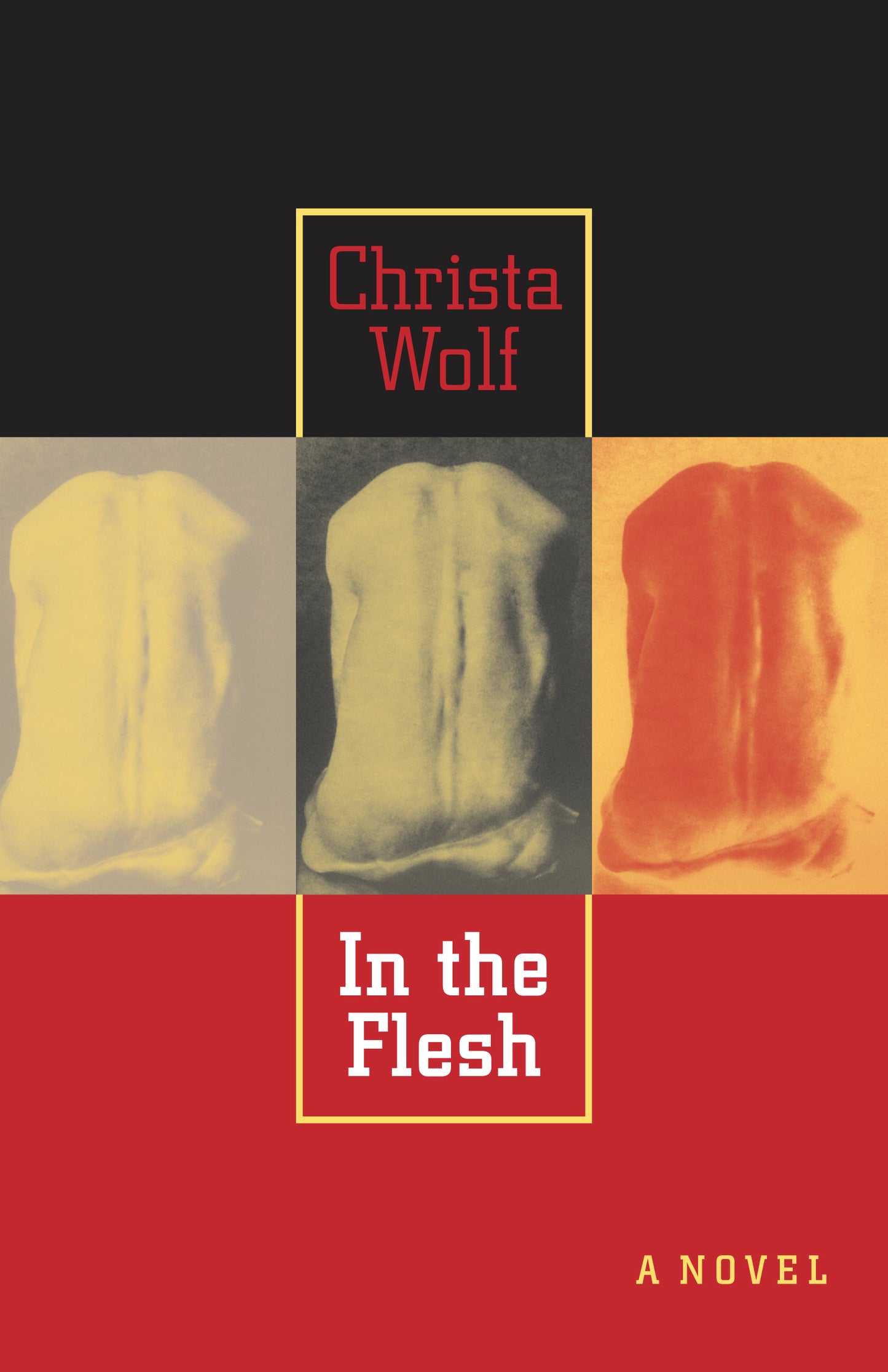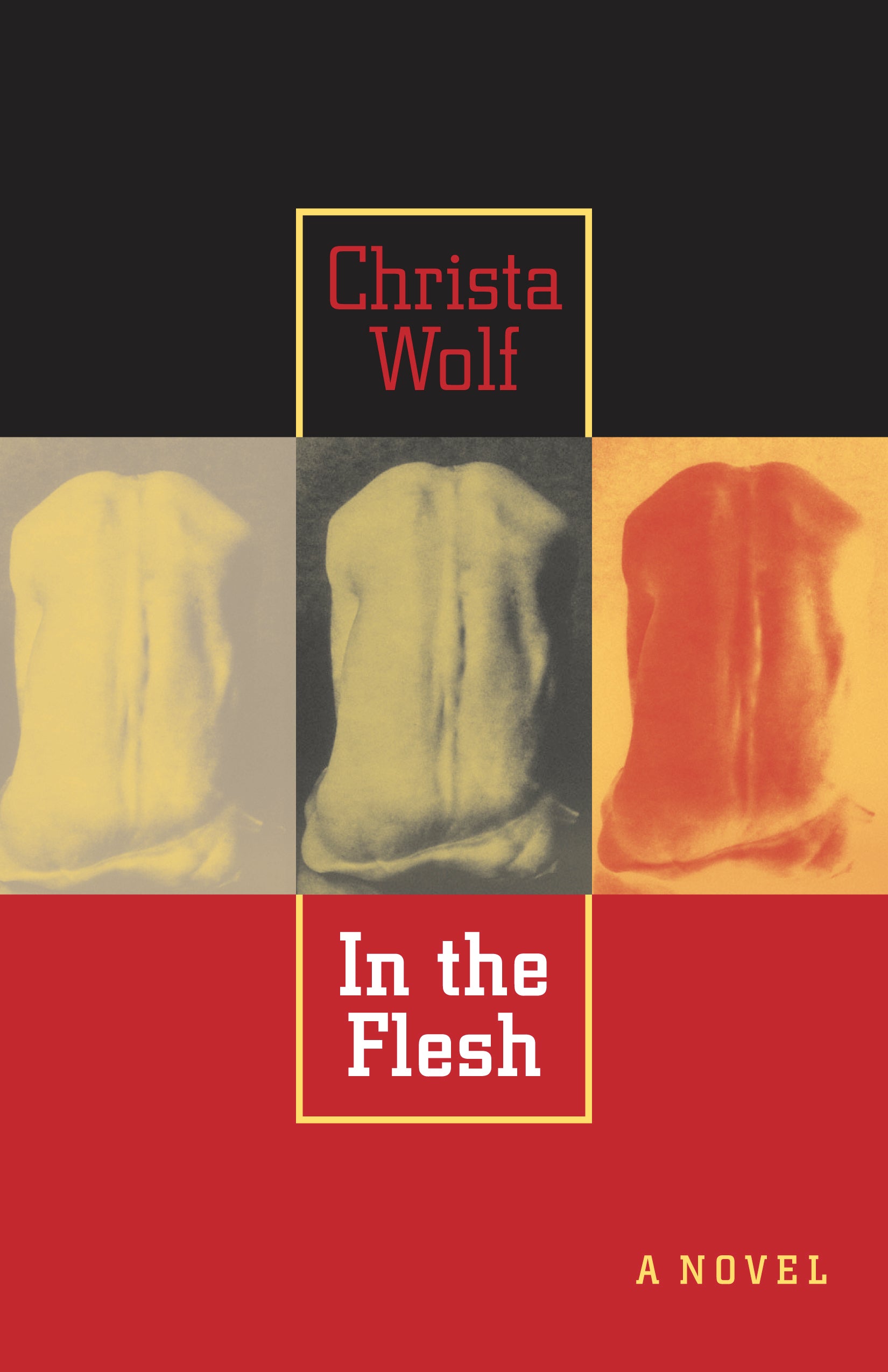
After suffering severe abdominal pain, a woman is rushed to the emergency room. Her soaring temperature, her deepening distress, and her body's resistance to medicine confound her doctors, who operate repeatedly.
Drifting in and out of consciousness, she endures a fitful fever dream in which the boundaries between wakefulness, memory, and delusion blur, then totally break down. Old friends appear to her, comforting strangers materialize by her bedside, and her sense of self, of being an "I" who acts rather than a "she" who is acted upon, begins to slip away. Gurney rides through the hospital corridors become fantastic travels through the hallways of hell. Remembered snatches of Goethe's Faust and "Upbuilding" Communist propaganda provide a running commentary on her predicament. The scene, half real, half hallucinated, is the former East Germany, a country of secrets, silences, and unexplained disappearances. The time: just before the fall of the Berlin Wall.
Christa Wolf's mesmerizing short novel—already a bestseller in Germany—is a supreme work of political and philosophical insight by one of Europe's greatest writers. Alive with myth and metaphor, rich in historical and literary allusion, it draws a nuanced, witty, and utterly compelling portrait of a person and a society close to death yet still capable of recovery.
Wolf mines a kind of collective consciousness of East German Communism . . . In the Flesh is a somber, spare, sensitive treatment of pain, illness, and memory. —Kirkus Reviews
Wolf, a brilliantly subversive novelist and profoundly eloquent critic of her native East Germany . . . creates a mesmerizing stream-of-consciousness narrative . . . another potent work with universal significance. —Booklist


